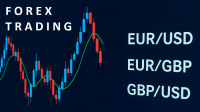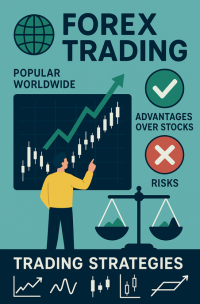Pros of Choosing a Regulated Forex Broker
- Fund Security & Segregation
- Regulated brokers are required to keep client funds in separate accounts, ensuring that client money is not used for operational expenses.
- Legal Protection & Dispute Resolution
- Investors have legal recourse in case of disputes. Regulatory bodies enforce strict rules to protect traders from unfair practices.
- Fair Trading Practices & Transparency
- Regulators monitor brokers to ensure they provide accurate pricing, prevent market manipulation, and maintain ethical business operations.
- Financial Stability & Capital Requirements
- Regulated brokers must meet specific financial stability requirements, ensuring they have sufficient capital to handle market fluctuations and client withdrawals.
- Access to Compensation Schemes
- Some regulatory bodies (e.g., FCA in the UK) provide compensation schemes, meaning investors could recover funds if the broker goes bankrupt.
- Strict Compliance & Regular Audits
- Regulated brokers undergo periodic audits, which reduces the risk of fraud and ensures compliance with financial laws.
- Prevention of Money Laundering & Fraud
- Regulatory frameworks enforce Know Your Customer (KYC) and Anti-Money Laundering (AML) policies, ensuring safer transactions.
- Improved Trading Conditions
- Regulations ensure that brokers provide fair spreads, leverage limits, and prevent excessive slippage, benefiting traders.
Conclusion
Choosing a regulated forex broker minimizes risk and enhances trust. It provides legal protection, ensures the security of funds, and promotes a fair trading environment. Always verify a broker’s regulatory status before investing by checking official regulatory websites like FCA (UK), ASIC (Australia), CySEC (Cyprus), or CFTC (USA).
More information and the criteria for a Forex Trader for selecting the best Forex Broker and CFD provider can be found here.








